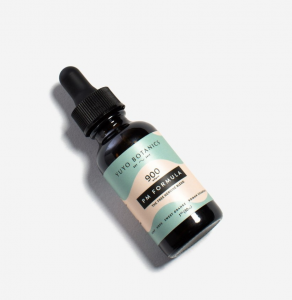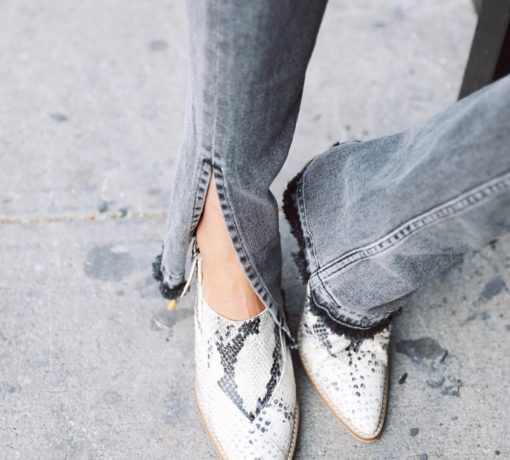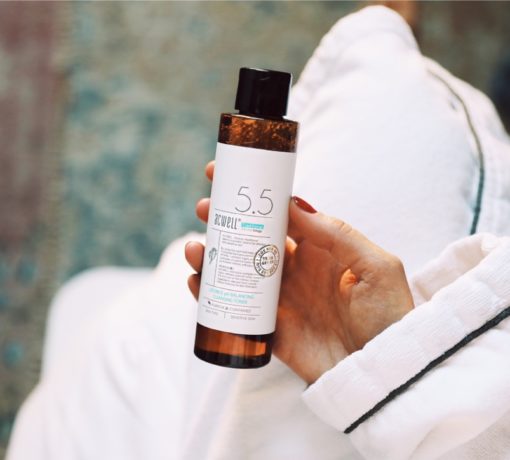It seems more and more common to hear people talking about anxiety drastically affecting their quality of life. Whether it is just that more people are opening up about it or that our high stress/performance society has made anxiety more prevalent, the feelings, the symptoms and the effects it can have on our bodies is real.
I personally can be a high-anxiety person. Although most people have told me they never would tell by just looking at me, internally I can be feeling very strong effects. Over the years I have learned lots of tricks to help me cope with, move through and talk myself down from anxiety. It’s also helped me to understand what anxiety is doing to my body, in order to push myself to value self-care. The full facts and my tips on how I’ve learned to cope and overcome anxiety are below:
Healthline goes into detail about the different types and levels of anxiety but I have researched the long term effects and how to defeat this. Lots of info, but super helpful.
Central Nervous System
Long-term anxiety and panic attacks can cause your brain to release stress hormones on a regular basis. This can increase the frequency of symptoms such as headaches, dizziness, and depression. When you feel anxious and stressed, your brain floods your nervous system with hormones and chemicals designed to help you respond to a threat. Adrenaline and cortisol are two examples. While helpful for the occasional high-stress event, long-term exposure to stress hormones can be more harmful to your physical health in the long run. For example, long-term exposure to cortisol can contribute to weight gain.
Cardiovascular System
Anxiety disorders can cause rapid heart rate, palpitations, and chest pain. You may also be at an increased risk of high blood pressure and heart disease. If you already have heart disease, anxiety disorders may raise the risk of coronary events.
Digestive System
Anxiety also affects your excretory and digestive systems. You may have stomachaches, nausea, and other digestive issues. Loss of appetite can also occur.
Immune System
Anxiety can trigger your flight-or-fight stress response and release a flood of chemicals and hormones, like adrenaline, into your system. In the short term, this increases your pulse and breathing rate, so your brain can get more oxygen. This prepares you to respond appropriately to an intense situation. Your immune system may even get a brief boost. With occasional stress, your body returns to normal functioning when the stress passes. But if you repeatedly feel anxious and stressed or it lasts a long time, your body never gets the signal to return to normal functioning. This can weaken your immune system, leaving you more vulnerable to viral infections and frequent illnesses.
Respiratory System
Anxiety causes rapid, shallow breathing. If you have a chronic obstructive pulmonary disease (COPD), you may be at an increased risk of hospitalization from anxiety-related complications. Anxiety can also make asthma symptoms worse.
Below are some of my tips and products to cope with anxiety
I have tried multiple CBD oils and this is the one I swear by. I have both the AM and PM formulas. I use the PM most nights and the AM as needed randomly. This CBD is the cleanest I have found and is also full of adaptogens which have many health benefits. Since it is a clean product, with no THC, there is no hangover or brain fog after use. I even did a podcast with the founders. Listen to that here.
CBD OIL
L-Theanine Supplement
A good, clean, organic chamomile tea
Stay active
Even when I am full of anxiety I don’t feel like I can move, moving is the one thing my body really needs. When I’m feeling super heavy with anxiety, a high-intensity workout is usually too much, so I stick to a slow walk outside- even to the mailbox. Just something to get my body moving and breathing in the fresh air.
Don’t drink excessive amounts of alcohol
I like to have a good time like anyone else, maybe more. However, I know my body and lots of drinking or consecutive nights of drinking is always going to end in the same result of me with high anxiety and spinning. When I do drink, I try to stick to tequila, because its a natural upper vs a depressant like most alcohols.
Limit your caffeine intake
Talking Therapy & Safe Friends
More times than not, saying my worst fears or worst case scenarios aloud to a trusted friend or therapist can make me realize how impractical or untrue they are. Living in my head can be a dangerous place, so I try not to stay there too long. It’s been very important for me to find a safe circle of people who I can say my craziest thoughts to in order to get them out of my head and body. Sometimes this immediately eliminates the fear. Journaling and writing down exactly what I’m feeling can also have the same effect. Support systems and tools are everything.
Identify your triggers
Meditate and practice deep breathing
I use to be a terrible meditator and actually hated it until I started the Calm App. I start every morning with one of their guided meditations. They are a max of 15 minutes and stay with me all day. Some mornings my mind can still wander tons, so don’t beat yourself up if yours does too. This is what meditating is all about.
Maintain a healthy diet for optimal nutrition
Maintain a solid sleep schedule
People who say they THRIVE on 5-6 hours of sleep. Good for you. I am the best version of myself on 8 hours and I do my best to get close to 7-8 every night. It’s not always feasible, but I will try. Sleep is important.
Treat yourself to a massage, facial, etc





















As someone with very high anxiety, thank you for sharing all of this. It does help….the tips are as great as feeling understood and not alone or crazy. Just thank you!
This blessed me so much. It gave me a deeper understanding of what I’m dealing with on a daily basis. It also made me feel like I’m not alone.